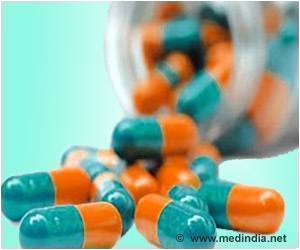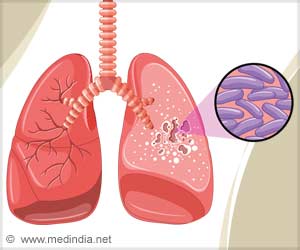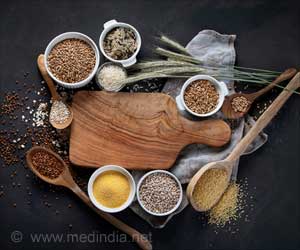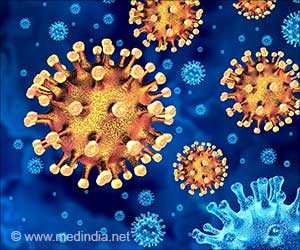Even with thousands of essential drugs approved, there are still not enough in pharmacies to meet the demand in India.
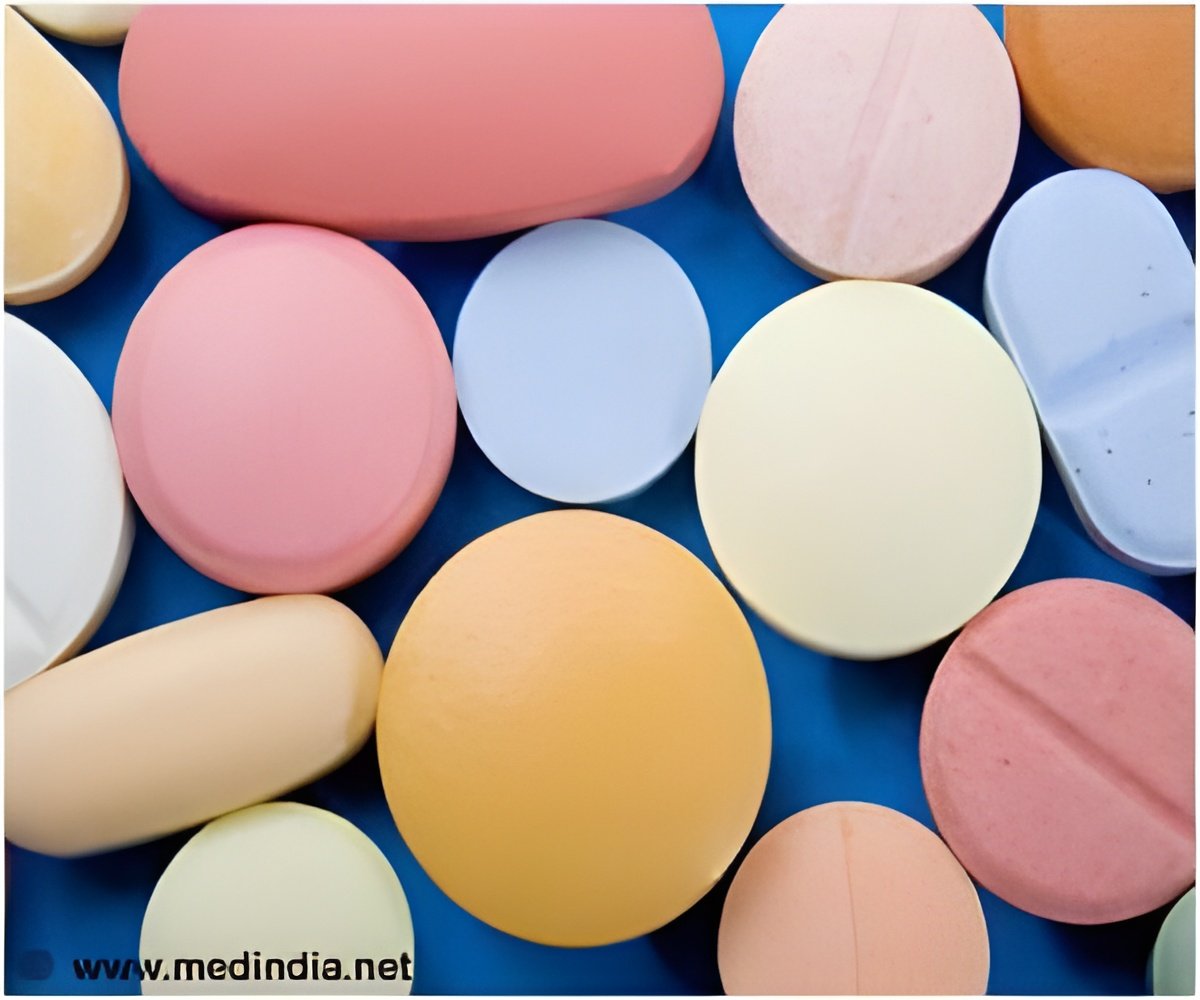
‘Despite there being multiple approved products listed in India databases, few are available in private pharmacies at a price people can afford.’





In theory, competition within India's vast market for generic drugs should ensure that essential medicines are available in private retail outlets at a price people can afford. However, the study found that despite there being multiple approved products listed in India databases, few were available in private pharmacies at a price people could afford. Lead author, Dr Colin Millard from Newcastle University's Institute of Health and Society said: "What is worrying is that despite efforts to increase availability through market competition there remains inadequate access to essential medicines.
"We found that multiple brands of selected medicines are listed in professional and commercial databases -running into thousands - yet only a small fraction were available in private pharmacies."
Thousands of medicines approved, yet few available
The researchers examined the drugs available for six common health needs: artemisinin (malaria), lamivudine (HIV/AIDS), rifampicin (TB control), oxytocin (reproductive health), fluoxetine (mental health) and metformin (diabetes). The study found that for each of the medicines there were multiple approved products listed in Indian databases, 2186 in total.
Advertisement
In addition, the medicines were also available in fixed dose combinations (FDCs), where two or more drugs are combined in a set ratio in a single dose form, usually a tablet or capsule. There are concerns in India over the safety and effectiveness of these products. In 2007, the Indian regulatory body the Central Drugs Standard Control Organization (CDSCO) banned 294 FDCs which had been approved by state authorities but had never received central authorisation; in 2012 a further 45 FDCs were withdrawn.
The authors call for a review of available brands, taking into consideration levels of sale and grounds for approval, and the setting up of a centralised database of registered pharmaceutical products.
Source-Eurekalert

